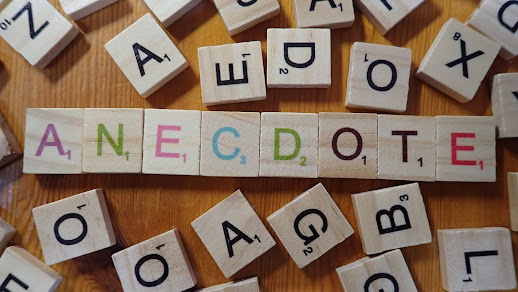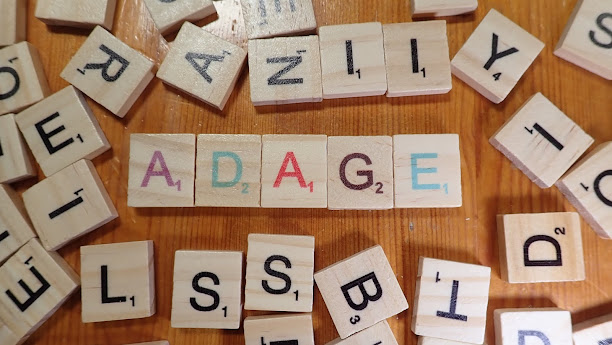Speaking better English - Anecdotes

An anecdote is a very short story about some real person or a real event that happened to the speaker. The idea of this story to make the listener compare a current event of happening with an older story. For instance: Two parents are discussing whether or not to get a dog for the family. The father says: When I was a kid, my dog was my best friend. My childhood was better because of him. The mother can then compare this story with the current state of affairs then might use the anecdote as persuasion that they should get a dog. There are basically five types of anecdote Humorous – stories that can add a bit of humour to the topic being discussed. People were arguing about their pets which was the best for young children. The parents were saying that this one or that one was best. I interjected, “We had a rabbit once. It was delicious.” Everyone laughed and stopped arguing. Reminiscent I remember that when I was a boy a pound of potatoes only cost 4 old pence. Philosoph


